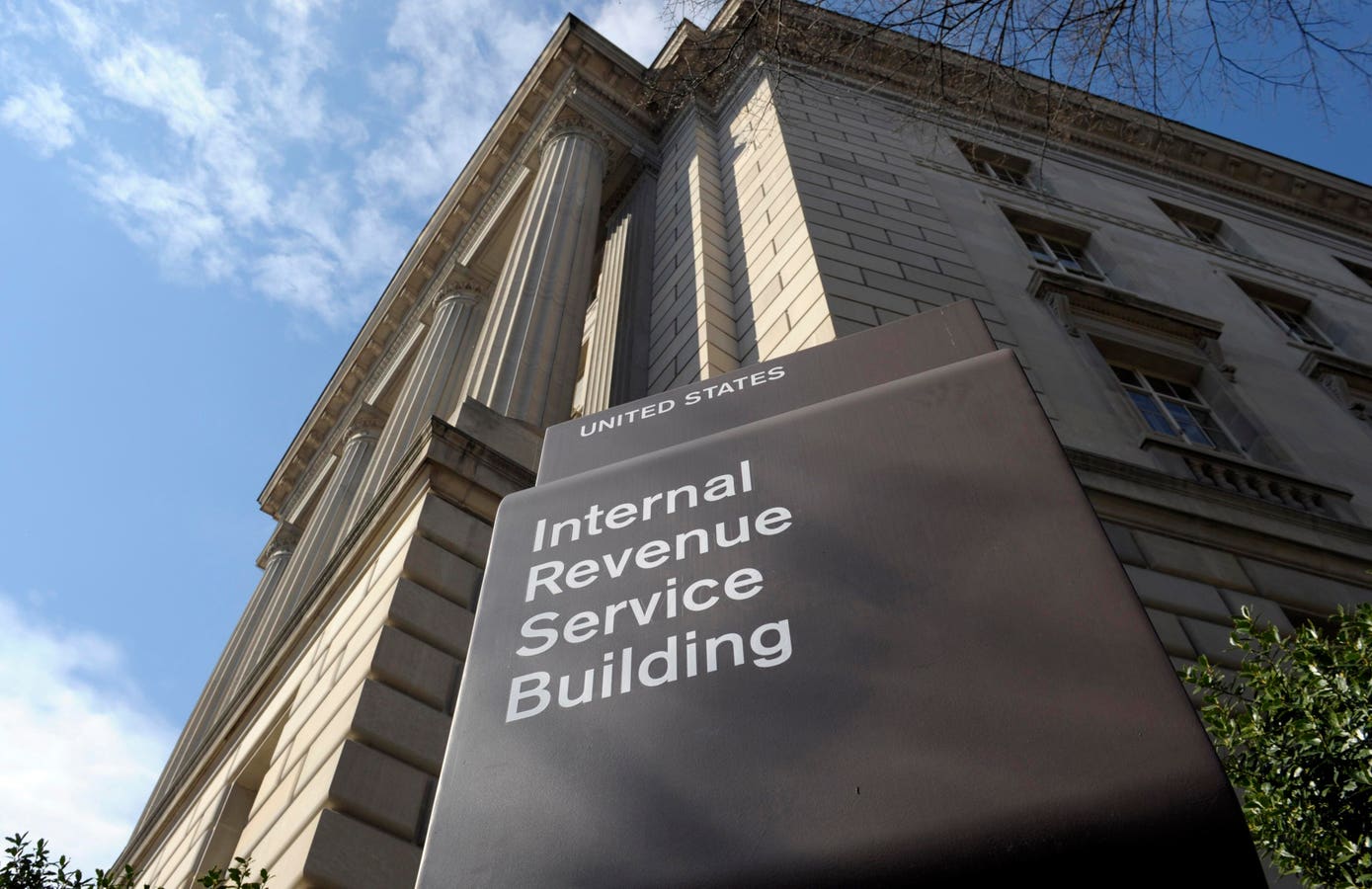Money
The IRS Criminal Investigation And Cancer Scam Edition

Navigating Tax Season 2025: Challenges, Changes, and Updates
A Rocky Start to Tax Season: Concerns and Trends
The 2025 tax filing season is off to a bumpy start, with taxpayer dissatisfaction and confusion dominating the conversation. Many are frustrated with perceived government waste, while others worry about the security of their financial data, especially given Elon Musk and the Department of Government Efficiency’s (DOGE) increased access to federal computer systems. Some even question the point of filing taxes if the IRS might be shut down.
According to IRS data from the second week of the tax filing season (ending February 7, 2025), the number of individual tax returns filed so far—23,589,000—represents an 8% drop compared to the same period in 2024. Processing volumes have also slowed, and visits to the IRS website have plummeted by 40%. However, there is some good news: tax refunds are up, with an average refund of $2,065, an 18.6% increase from last year.
Despite these mixed signals, tax professionals are growing increasingly anxious. Discussions about federal hiring freezes and staff reductions at the IRS are raising concerns about the agency’s ability to operate effectively. Robert Kerr, a veteran tax consultant, recently shared insights on these changes, emphasizing their potential long-term impacts on the IRS and taxpayers alike.
Legislative Updates: Budget Debates and Tax Proposals
The IRS is bracing itself as Congress tackles the federal budget, with no clear consensus in sight. President Trump has proposed several tax cuts, including extending the Tax Cuts and Jobs Act (TCJA) through 2034, eliminating income taxes on overtime pay and Social Security income, and increasing the SALT deduction. These proposals could cost upwards of $5 trillion to $11 trillion over the next decade, according to the Committee for a Responsible Federal Budget.
Meanwhile, the House Budget Committee, led by Speaker Mike Johnson (R-La.), is working on a budget framework, but it’s unlikely to pass without scaling back some of Trump’s tax-cutting ambitions. In a rare show of bipartisan agreement, the House unanimously passed H.R. 736, the Protect Small Business from Excessive Paperwork Act, which delays the beneficial ownership information (BOI) reporting deadline by one year for most companies. The bill now moves to the Senate, where its fate remains uncertain.
IRS Under Scrutiny: Staffing Changes and Controversies
The IRS faces another challenge: potential staffing changes. President Trump has suggested firing IRS employees or reassigning them to the border, a proposal that initially seemed like a joke but has since taken shape. In a February 7 letter, DHS Secretary Kristi Noem requested that Treasury Secretary Scott Bessent deputize IRS agents to assist with immigration enforcement and human trafficking investigations.
This move has sparked concerns about the IRS’s ability to investigate financial crimes, such as tax fraud and money laundering, particularly within the Criminal Investigation (CI) division. CI, the sixth-largest law enforcement agency in the U.S., plays a critical role in combating financial crimes. Reassigning its agents could leave these crimes unchecked, undermining public safety and trust in the system.
Spotlight on Financial Crimes: A True Crime Story
One notable case involving IRS CI is the story of Amanda Riley, a California woman who faked having cancer to raise over $100,000 in donations. Special Agent Arlette Lee, working with local law enforcement, helped unravel the scam, which highlights the importance of CI’s work in investigating financial fraud. Riley is now serving time for wire fraud, with a scheduled release date of December 4, 2025.
This case underscores the significance of the IRS’s investigative role and the potential risks of diverting its resources to other areas. As the agency faces budget and staffing challenges, cases like Riley’s remind us of the critical work being done to protect taxpayers and hold fraudsters accountable.
Tax Deadlines, Extensions, and Relief
Taxpayers need to stay aware of key deadlines and relief opportunities. The standard deadline for most individual tax returns is April 15, 2025, but extensions and relief are available for those affected by natural disasters and other events. For example, individuals and businesses in states impacted by severe storms, Hurricane Helene, and recent wildfires in California qualify for extended filing deadlines.
Additionally, the IRS has granted relief to those affected by terrorist attacks in Israel, with a deadline of September 30, 2025. Tax professionals and filers alike should stay informed about these updates to ensure compliance and take advantage of available relief.
Volunteer Work and Community Impact: A Personal Note
Amid the chaos of tax season, there’s a reminder of the positive impact tax professionals can have. Kelly Phillips Erb, Senior Writer for Forbes, is preparing for a volunteer trip to Alaska as part of the Alaska Volunteer Income Tax Assistance (VITA) Project. This initiative provides free tax preparation services to residents in remote villages, highlighting the importance of access to tax support for underserved communities.
Erb’s journey is a heartfelt reminder that tax work extends beyond paperwork and regulations—it’s about helping people navigate a complex system and achieve financial stability. Followers can look forward to updates from her trip as she works to make a difference in Alaska.
This newsletter underscores the challenges and complexities of the 2025 tax season, from legislative battles to IRS staffing changes. Whether you’re a taxpayer, a tax professional, or simply someone trying to stay informed, staying up-to-date on these developments is crucial. As the season progresses, one thing is clear: this year’s tax landscape is anything but business as usual.
Trivia Answer: (A) President Richard Nixon. The FBAR filing requirement was signed into law on October 26, 1970, as part of the Bank Secrecy Act.


















